 Issue 15 July 2017
|
Accolades |
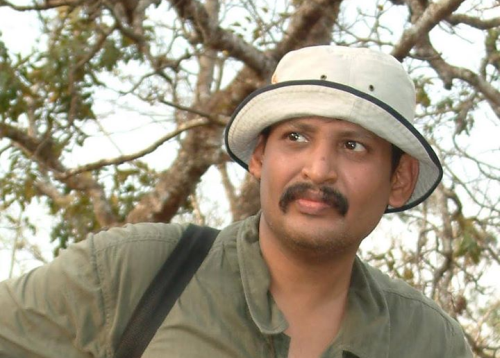 ATREE’s Senior Fellow, Jagdish Krishnaswamy was selected by the Intergovernmental Panel on Climate Change (IPCC) as the Coordinating Lead Author for ‘Climate Change and Land,’ an IPCC Special Report on climate change, desertification, land degradation, sustainable land management, food security and greenhouse gas fluxes in terrestrial ecosystems. He was selected from a pool of 640 nominations. |
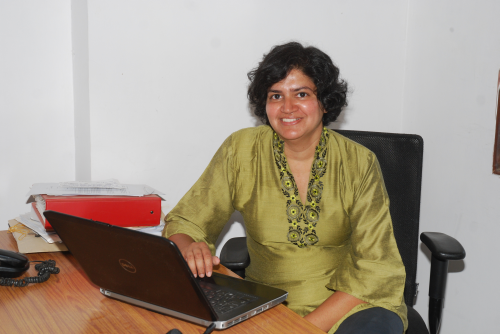 ATREE's Fellow Veena Srinivasan was nominated to the Leadership Team of International Association of Hydrological Sciences’ Panta Rhei Initiative. This initiative aims to arrive towards an interpretation of the processes governing the water cycle by focusing on their changing dynamics in connection to the rapidly changing human systems. |
Perspectives |
Disappearing bees of India |
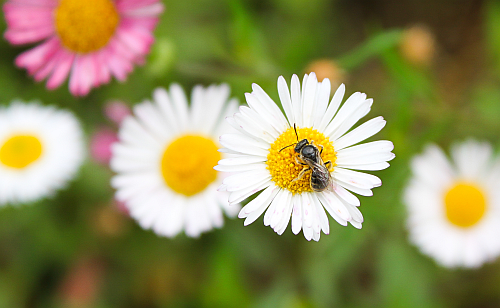 Urbashi Pradhan, a research scholar at ATREE, discusses the reduction of the population of bee species and sheds light on how communities perceive bees. To combat this shortage in bee numbers, some states have introduced exotic bees to augment dwindling populations, which, according to studies “compete for floral resources with native bees, leading to their disappearance.” |
The complex realities of the Banni Grasslands |
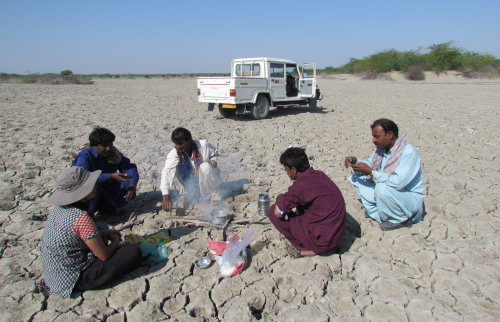 ATREE's research scholar, Ovee Thorat writes about the Banni Grasslands of Kutch and its people, the Maldharis in this month’s issue of Seminar. She states, "The reshaping of the Maldhari identity and the changing perceptions of the landscape has made invisible the complex realities that are critical for the management of Banni." |
Creating conservation consciousness |
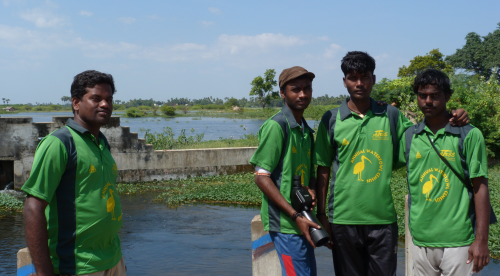 Mathi Vanan, an ATREE researcher, writes about the role of citizens and government in the conservation of biodiversity in Dinamalar, a Tamil Daily. He calls for increasing awareness among students through bird watching and field studies. |
The plant diversity of Eastern Himalayas |
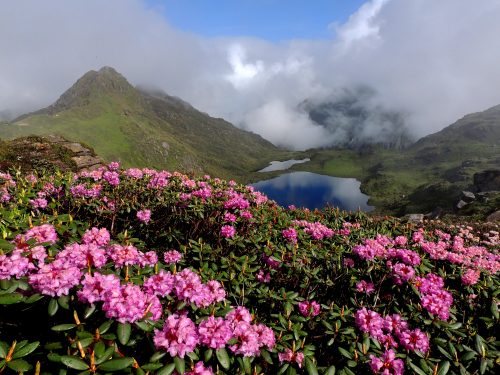 Dr Kamal Bawa, President of ATREE, and Dr Rengaian Ganesan, Fellow, ATREE, call attention to the neglected study of plant species in the Eastern Himalayas. Plant exploration has largely been ignored in India, particularly in the Eastern Himalayas, which is among the world’s richest centres of plant diversity. |
Deep-sea fishing in Tamil Nadu |
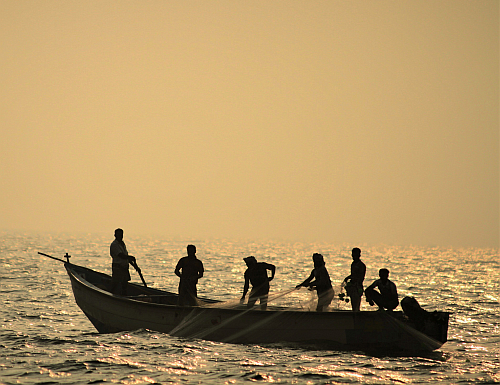 Rahul Muralidharan, PhD Scholar at ATREE, writes an open letter to the Tamil Nadu government in The Wire, drawing attention to the plight of artisanal fishers due to declining fish catch in near-shore areas which are essential for their livelihoods. While the Sri Lankan Government banned bottom-trawling in the wake of cross-boundary fishing issues, Tamil Nadu projects deep-sea fishing as a potential solution to end all fishing woes. But will that hold true? |
In the News |
Informed consent for compensatory afforestation |
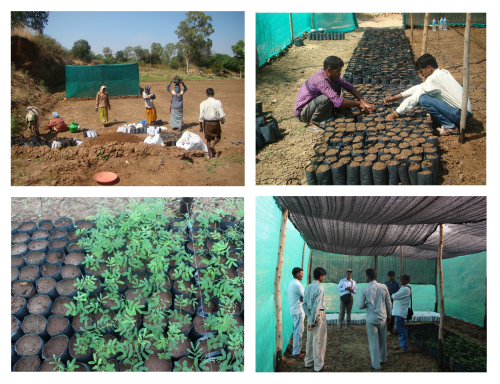 Researchers and activists from ATREE, Kalpavrikhsha, Vasundhara, and World Rainforest Movement along with several other environmentalists have filed an appeal with the petitions committee of the Rajya Sabha to halt expenditure from compensatory afforestation funds until rules on its implementation are notified. |
‘Greening’ pilgrimages inside tiger reserves |
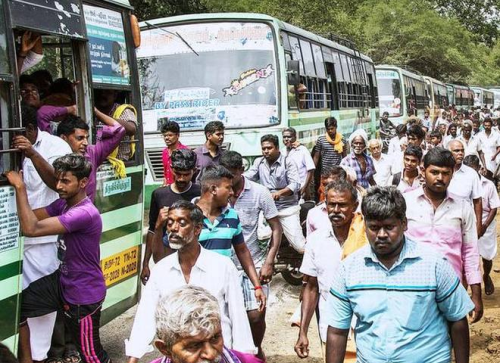 Pilgrimages in the heart of tiger reserves in India are not uncommon. Tamil Nadu's Sorimuthu Ayyanar Temple, deep inside the Kalakad Mundanthurai Tiger Reserve, is the centre of festivities during the Aadi Amavasai festival. ATREE has been working with the forest department, Alliance of Religion and Conservation, and other NGOs in greening the Aadi Amavasai festival. |
Conserving sea turtles |
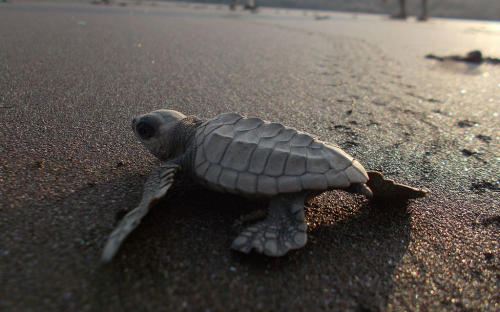 Kartik Shanker, Director, ATREE, talks to the Fountain Ink about sea turtles, conservation issues and what drove him to pursue a career in conservation. In addition to turtles, he also speaks about trends in conservation, issues that affect the conservation of sea turtles and the impact turtles have had on society. |
Website: www.atree.org |




|